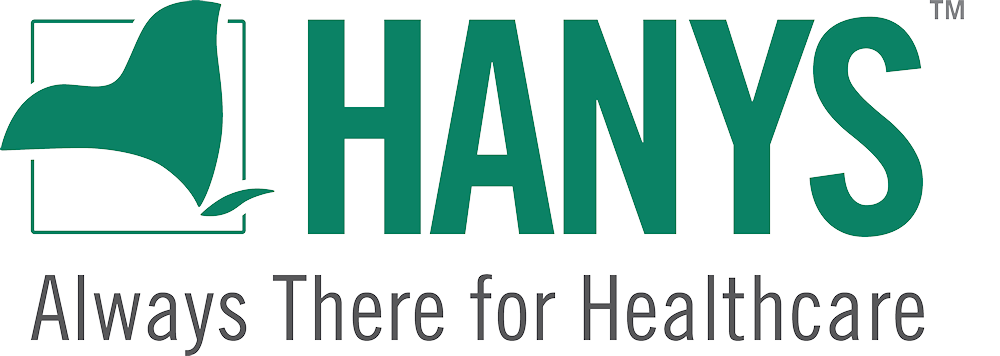
Mercy Hospital tackles healthcare-associated infections
Implementing clinically effective infection prevention and control techniques is essential to protect patients and reduce the risk of healthcare-associated infections. In March 2018, Mercy Hospital (a member of Catholic Health Long Island) continued its journey as a high-reliability organization by striving to reduce its HAIs to zero.
Mercy Hospital began by allocating the Hibiclens Universal Bathing System for use. However, despite this and many pre-existing, evidence-based practice bundles in use at the end of 2018, the number of HAIs was higher than anticipated. To get closer to achieving zero HAIs, efforts focused on other possible sources of transmission risk, such as improperly cleaned and disinfected shared patient equipment or the use of inappropriate cleaning products. The implementation of a newly created “Clean Up” campaign identified cleaned, ready-to-safely use shared patient transport equipment. The campaign served as one of the approaches to mitigate transmission risks. Fostering a team approach of increased communication and accountability assisted with the significant HAI reduction success. Increased staff understanding of and buy-in for the standardized interventions led Mercy to operationalize additional phases of the initiative. Using evidence-based practices to guide process improvement via the Plan-Do-Study-Act approach, Mercy implemented Phases I through IV (first section only) of the initiative.
Through these efforts, Mercy achieved zero device-associated HAIs from urethral and central line catheters and zero Methicillin-resistant Staphylococcus aureus bacteremia HAIs. This equates to more than five years free of central line associated bacteremia infection in the adult intensive care unit. Furthermore, Clostridioides difficile decreased by 36% and Carbapenem-resistant enterobacteriaceae was reduced 55%.
For more information, contact Kelly Mulholland, MSN, RN-BC, CCRN-K, CIC, director, infection prevention at kelly.mulholland@chsli.org or 516.705.2051.

